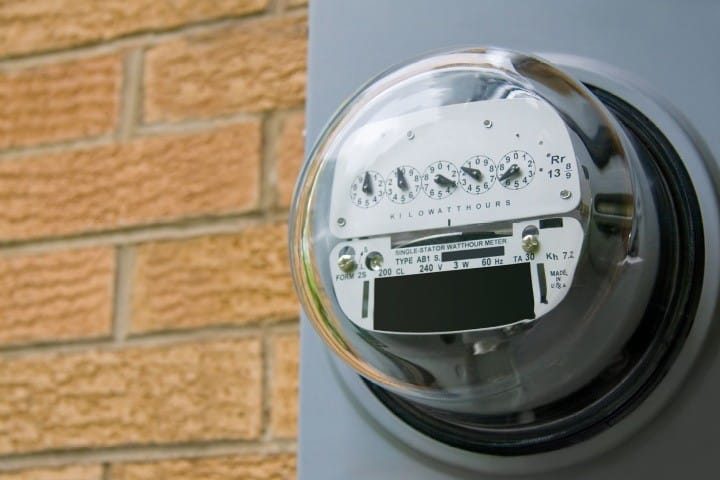
A group of citizens across the United Kingdom is planning to not pay their energy bills unless the government acts to reduce those bills to an affordable level. “Don’t Pay UK” vows to begin a payment strike on October 1 if their demands are not met.
Energy costs in the U.K. have skyrocketed in the past few years, largely due to shutting down cheap forms of energy such as coal and nuclear power in an effort to be more “climate friendly.” Climate alarmists claim that fossil-fuel based energy sources contribute to climate change, which used to be known as global warming.
Nuclear energy produces effectively nothing in terms of greenhouse gas emissions, but green crusaders claim that it is dangerous and unnecessary.
The House of Commons Library has documented the steep increase in energy costs.
“Wholesale energy prices increased rapidly in the second half of 2021. Many consumers were protected, at least initially, by the energy price cap. However, the price cap increased by 54% in April 2022. There were further large jumps in wholesale prices after Russia invaded Ukraine,” a domestic energy price report says.
“The monthly increases in both gas and electricity prices were by far the largest ever on a series going back to 1988. The annual increases to April 2022 were also the largest ever record on a series going back to 1970,” the report states.
And it’s not expected to get better as the year goes on: “Many observers predict that the price cap will increase substantially in October 2022. The chief executive of Ofgem [the Office of Gas and Electricity Markets] said it could rise by 40% to around £2,800 in October.
As of this writing, over 92,000 U.K. citizens have vowed to not pay their energy bills. “Don’t Pay UK” plans to begin the action if at least one million citizens pledge to begin not paying on October 1.
The group believes that if it gathers at least a million pledges to not pay, they can force government action to keep energy prices down. “We are demanding a reduction of energy bills to an affordable level. Our leverage is that we will gather a million people to pledge not to pay if the government goes ahead with another massive hike on October 1st.”
The group is modeling itself after the poll-tax revolt, during which over 17 million U.K. citizens declined to pay a poll tax. The Conservative government’s insistence on the poll tax eventually led to the downfall of Margaret Thatcher’s government in 1990. The tax was eventually abolished in March of 1991.
“Mass non-payment is not a new idea, it happened in the UK in the late 80s and 90s, when more than 17 million people refused to pay the Poll Tax — helping bring down the government and reversing its harshest measures,” the group’s website states.
The group claims that nearly 15,000 anonymous activists have pledged to support the plan across the U.K., and the organization plans mass leaflet drops to gain attention for their efforts.
One activist named Kary, a 51-year-old teacher from London, told Euronews that she became involved in the movement to voice her “disgust” at the huge price increases in energy costs.
“When you read in the paper this week the profits involved in the fuel industry it is impossible not to get angry,” Kary said.
“It’s time those of us who still have extra money each month [to] show solidarity and make a stand for those facing fuel poverty,” Kary added. “It’s time for a societal change where the culture of massive profits off the back of poverty ends.”
There’s a world of difference between “won’t pay,” and “can’t pay.” “Don’t Pay UK” estimates that as many as 6.3 million households will simply not be able to pay the sky-high energy bills in the coming months. They also predict that at least 10 million additional households will face “fuel stress.”
It’s hard to get completely behind such a movement because, after all, the powers that be might simply turn the power off due to nonpayment. But you can certainly understand their frustration with a government that keeps shutting off affordable sources of energy such as coal, oil, and nuclear in order to cater to the whims of climate alarmists and anti-nuclear greens.




